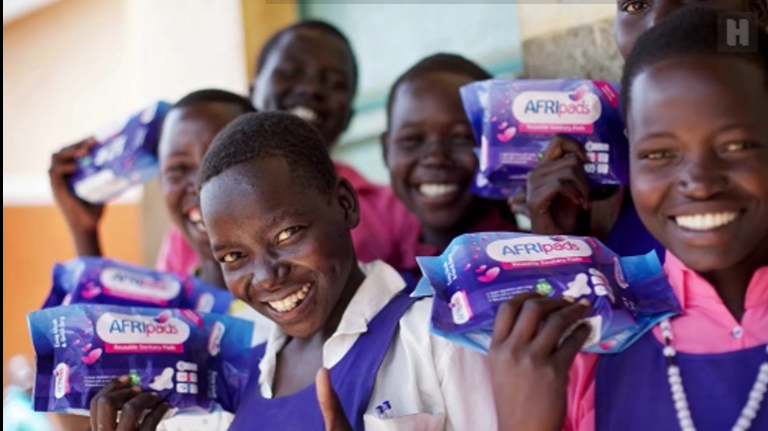Fundamentals of Feminine Hygiene
1.8 billion women on this earth are currently experiencing their menstrual cycles yet, according to the Water Supply and Sanitation Collaborative Council, 1.2 billion of them are not receiving the proper feminine hygiene products they require to protect themselves. The majority of places lacking in proper health care are third world countries, or areas where the function of a woman’s body is a taboo subject. The unbridled truth is, in several cultures a woman’s body during this sensitive time is perceived as contaminated and impure. As a result the issue of obtaining proper health care products such as pads and tampons is often avoided and left unresolved by society. However, those fortunate enough to possess adequate funds and resources have begun to use their privilege for good to try and rectify the issue.
Perhaps the most famous feminine initiative is The Pad Project. Founded by a collection of students and teachers from Oakland High School, the organization’s focus is aiding the thousands of women in India who drop out of school each year because of their periods. Remarkably, the group found unorthodox ways to complete this goal and documented their journey in an Oscar-winning short film titled Period. End of Sentence. The mini-documentary focuses on the lives of several women living in a remote village in India. Each recounts how their lives were impacted by puberty and the stigma that surrounds the maturing of their bodies. These women explain the measures they took to search for secluded areas to change their clothes when they were on their periods, and how they resorted to sneaking out at night to dispose of the soiled pieces of cloth they used in the absence of proper pads. Such practices were necessary if the men in their lives became aware of what was happening behind the scenes, the shame these women felt was unbearable. The extensive lengths girls must go to in order to conceal their periods is what accounts for the rapid dropout rate in middle schools across India. The solution to the issue lies in a $12,000 machine that can produce clean pads almost instantly. Developed in 2006 by engineer Arunachalam Muruganatham, the pad machine is a functional, sustainable, and easily operated machine capable of changing the lives of women in need. The Pad Project hosted “yogathons” at their high school and created kickstarter devoted to raising enough money to buy one and have it implemented into the village featured in the documentary. Once successful, the pad machine not only improved the menstrual health of the women who previously used crude materials such as newspapers, leaves, and ashes to staunch bleeding, but also created jobs for the women producing materials to run the machine and creating publicity in neighboring villages about the project. A few of the girls were even able to return to school with their periods under control.
The issue of scarce feminine hygiene is a battle being fought on several fronts. According to CNN, 16% of girls in Tanzania report that their period hinders their education and in most cases causes them to miss class. Most women use traditional alternatives to pads called kangas, these are strips of cloth produced from the same material used to make skirts and dresses. Due to the steep cost of pads, using kangas is the most economically logical for the majority of women, but are wholly inefficient at fulfilling their purpose. Girls bleed through their kangas at school and resort to trudging home with their jackets tied around their waists in shame. In an interview with CNN reporter Ivana Kottasova, school teacher Msangi Goodwine revealed, “Many children here come from villages and very few are able to buy pads in the shops.” Despite their best efforts, funding the entire female student body with pads is an impossible task, without help. Fortunately AFRIpads has a solution. Founded by spouses Sophie and Paul Grinvalds, AFRIpads develops long lasting and reusable pads for women and girls in Africa suffering from shortage of affordable pads. The products the company manufactures are frequently donated to schools and villages in need by other humanitarian organizations. In Tanzania, non-profit Femme International donated a pack of AFRIpads to each of the female students at Goodwine’s school. Since their contribution Goodwine notices that the girls are less susceptible to disease and are missing significantly less school.
Each of these organizations have websites that include places where you can donate to the cause and guide the next generation of women in our world through their education without the stress of managing their menstruation.






